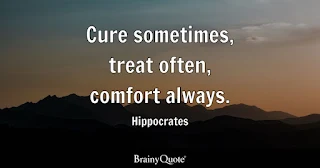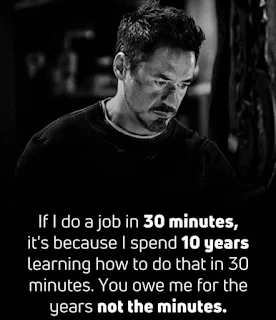Preface
Introduction
I am neither a dedicated pharmacist at a hospital, nor a perfect salesperson at a community pharmacy.
- I believe that money does not grow on tree, and that customers should be given complete information on the potential benefits and risks of any recommended product.
- This is probably because I come from a humble background and want people to spend their money wisely.
Theory vs Reality
I have tried to keep the notes presented here short, simple and sweet.
- However, in reality, managing patients is much more complex than treating a disease on paper.
- Patients come to us with real-life struggles and pain that require empathy and understanding.
For example, a patient told you that he is having a hand injury, so you dispensed him some NSAIDs and asked him to rest his hands for a few days.
- However, as a part-time chef, he could not do this because he must work to earn the daily wage to feed his family.
A cancer patient was crying right in front of you, asking you if the current treatment is the best option available.
- She believes that health professionals know the best decision for her.
- She revealed that her husband passed away last month, her son is still very young, and she has not disclosed her condition to him.
- Right now, she cannot die yet.
A patient who walked into your community pharmacy, told you that he is a pensioner and his wife is currently bedridden.
- Just before he came out of the house, he asked his wife, "Is there anything that I can buy for you later?"
- His wife replied, "Just buy something that you like to eat for yourself today."
In short, patient care is often more than just treating a disease, but is also about understanding the patient's unique life stories.
- While a one-size-fits-all approach is often ineffective, foundational clinical knowledge should always guide your patient advice.
Experiences
There are many things that I would like to share with you, but the messages cannot be conveyed accurately and easily through words.
- How you approach an issue can vary significantly depending on the scenario and individual. You can joke with some patients, while with others, a strict and professional demeanor is necessary.
- There are also certain soft skills that we cannot learn through reading, but through working experiences, such as communication, critical thinking, problem solving, decision making, leadership and innovation.
For each passing days that we work as pharmacists, we indirectly level up ourselves by encountering different case scenarios.
- We are actively learning and applying knowledge.
- We become more confident at handling customer/patient issue, instead of being helpless at times.
- Certainly, the mistakes that we have done or heard about will make us more cautious now.
In a nutshell, working experience is one of the unmeasurable treasures that could often be undervalued.
Summary
I am glad that I was once young and had the dream of creating a resource for pharmacists in Malaysia.
- I dedicated countless hours of my free time, including my off days and break times, to planning, writing and developing blog posts and other materials that I believe would be useful to other pharmacists.
- However, I now realize that while I may enjoy writing, my work may not be considered a reliable reference source, and many pharmacists may not read or utilize it in their careers.
- Moreover, I underestimated the amount of consistent efforts required to keep the information up-to-date as the medical field is constantly evolving.
Despite this, I have learned a great deal throughout this self-learning journey.
- The act of writing itself has helped me to analyze information and deepen my own knowledge.
- I also realise that I enjoy expressing my heart through personal thoughts more than presenting cold, hard medical facts.



You already did your best, I am so proud of you!
ReplyDelete